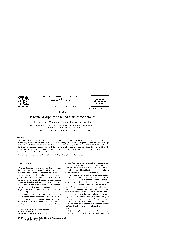摘要
Blood-contact membranes are crucial in almost all extracorporeal blood aphereses and purification procedures. A serious problem they frequently meet is proteins adsorption-caused fouling, which results in a progressive decline in flux and a change of membrane selectivity. Besides, such adsorption can be followed not only by the activation of different defense systems in blood, such as coagulation, complement and fibrinolysis, but also by the adhesion and activation of blood cells. This article reviews studies on the mechanism, affecting factors, and controlling strategies associated with protein adsorption.
- 出版日期2003-9-1
- 单位四川大学
